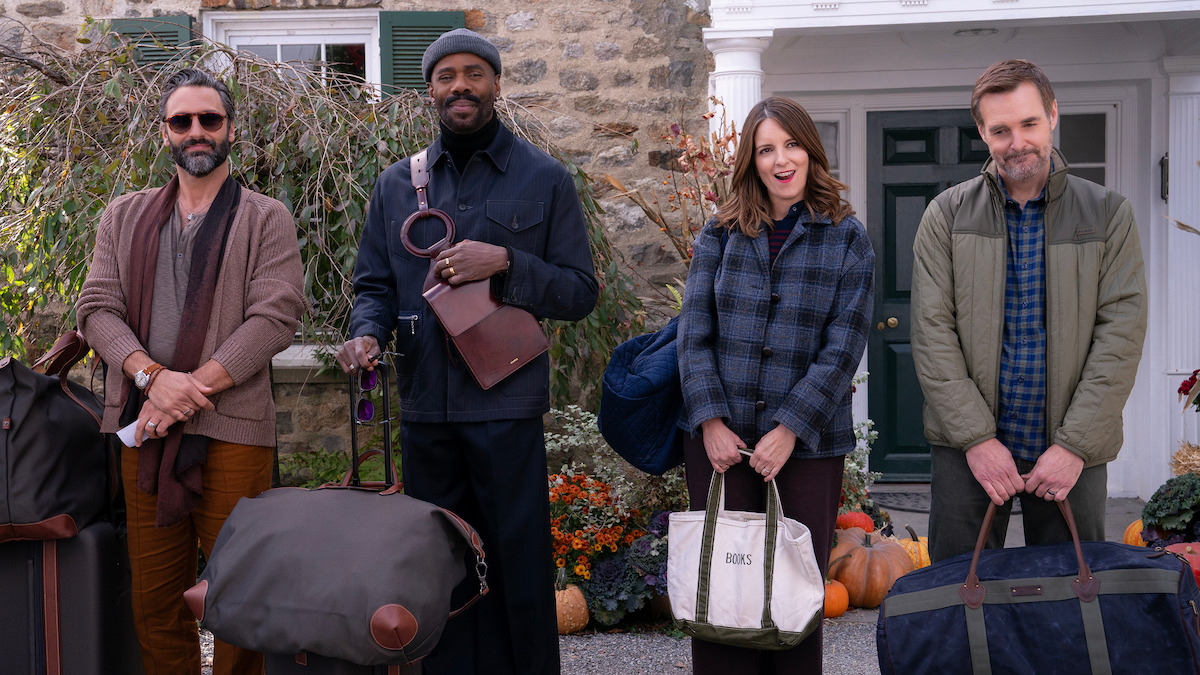You don’t really want the Justice League Snyder Cut
The Justice League Snyder Cut reveals underlying problems in fan culture
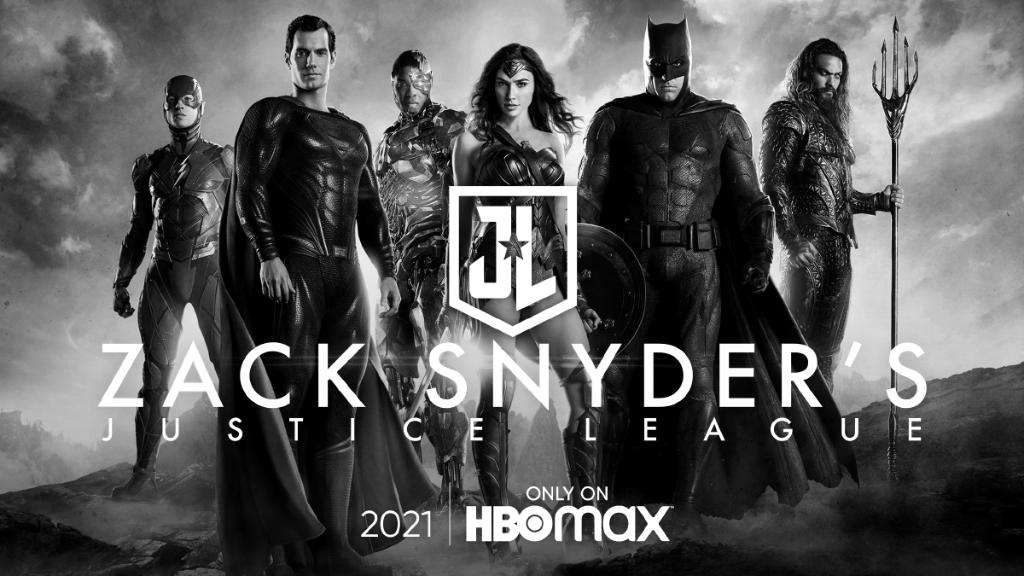
Well, it’s finally happened. After years of vociferously campaigning both online and in-person, the #ReleaseTheSnyderCut brigade will finally get what they want. Zack Snyder’s Justice League will premiere on the upcoming HBO Max streaming service in 2021, expanding the 2018 superhero film into a much longer, darker and potentially more cohesive project. It’s everything that fans could have hoped for — and that’s precisely why they shouldn’t have gotten it.
Whether the Snyder Cut is good or bad, its very existence will make a lot of people happy, and goodness knows we could all use a little happiness lately. But I must point out the Darkseid of what seems like an innocuous-at-worst, exciting-at-best film release. On its own, Zack Snyder’s Justice League is just another straight-to-video director’s cut, which have been around almost as long as home video itself has. But viewed in a larger cultural context, Zack Snyder’s Justice League is the apotheosis of an ugly trend in fandom: Whatever the fans want, the fans get. It hurt Mass Effect. It hurt Star Wars. And now, it seems poised to hurt DC as well.
- Watch the best streaming services
- Use one of the best streaming devices to get your superhero fix
At the risk of making an extremely unpopular point, fans shouldn’t always get exactly what they want. Because when they do, it can blind them to the things they don’t know that they want.
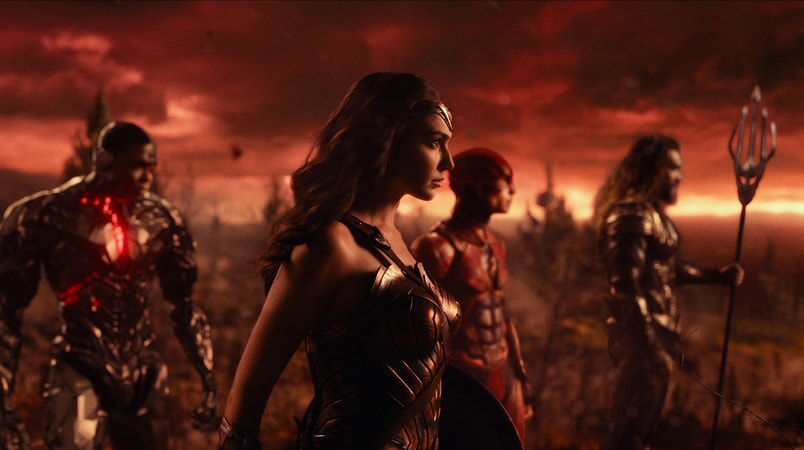
What is the Snyder Cut?
For those who have been blissfully unaware of the two-year-long controversy, #ReleaseTheSnyderCut is a fan movement that started shortly after Justice League came out in March 2018. Without rehashing the entire story, Zack Snyder was the original director of the Justice League film, just as he directed its predecessors, Man of Steel and Batman v. Superman: Dawn of Justice. But a family tragedy pulled Snyder away midway through production, and DC brought in Avengers director Joss Whedon to finish the film.
Justice League had a pretty mixed reception, but fans did agree on one thing: The movie felt very much like the product of two creators pulling the project in different directions. Snyder’s dark, brooding interpretation of the team clashed with Whedon’s upbeat, jokey interpretation. When fans learned that there was apparently enough raw footage for an entire “Snyder cut” of the movie, they started an online campaign somewhere between “vocal” and “unhinged” in order to see the original director’s version of the film.
To address a salient point, I don’t think the Snyder Cut will necessarily be bad. In fact, if it’s not “better” than the theatrical version, it will probably at least be a more cohesive and daring film. In a perfect world, Snyder would have been able to finish the project as planned, so the Snyder Cut will be truer to his original vision for the project. There’s nothing inherently sacrosanct about the theatrical cut of a film. Plenty of director’s cuts have been better than the original releases, from Blade Runner to Terminator 2.
No, the issue has to do with fan expectations — and fan entitlement. Over the past few years, fans of a franchise have become very accustomed to the idea that a series “belongs” to them, usually even more so than it “belongs” to a creative team.
There’s some logic to this viewpoint. After all, long-running series like Batman and Star Trek have been around for decades, and collectively, we’ve invested more time in them than the writers, directors and producers ever will. And these aren’t even the original writers, directors and producers — they’re simply fans who have the opportunity to shape the story in ways that we don’t.
The trouble, of course, is that fans don’t necessarily think about storytelling the same way that professionals do. Storytelling isn’t simply wish-fulfillment or completing every plot thread in the most logical way. Good narratives confound our expectations and deliver the stories that we didn’t even know we wanted. But when creators are pressured into giving fans exactly what they ask for, we tend to get watered-down experiences that aren’t really satisfying to anyone.
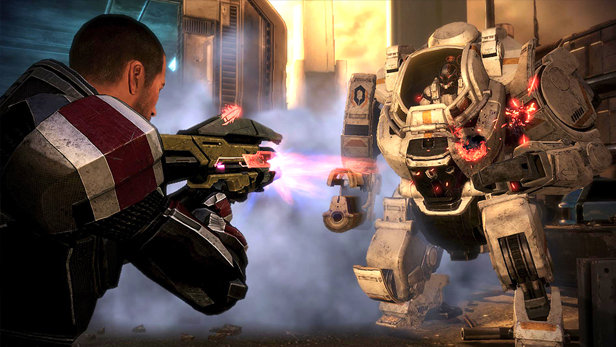
The Mass Effect effect
To illustrate my point, let’s take a look at two inflection points in fandom-driven storytelling from the past decade. Interestingly, they both happened in 2012: the release of Mass Effect 3 in March, and the acquisition of Lucasfilm by Disney in October.
If you played Mass Effect after the fact, you may not remember this at all — but if you played each game as it came out, you almost certainly heard about the #RetakeMassEffect campaign on Twitter. This no-holds-barred social media blitz happened because people hated the ending of Mass Effect 3. Well, perhaps “hate” is too mild a term; the harsh, borderline violent reactions were more akin to “absolute abhorrence” or “visceral disgust.”
Fans took to social media and email in droves. Rivers of digital ink were spilled taking one side or the other. The fans viewed themselves as an aggrieved party, betrayed by a creative team in whom they had invested so much time, trust and money. The Mass Effect creators ultimately held the reins, but the fans felt that they were owed a particular kind of resolution. They were entitled to it, they said.
And in the end, they got their way. A despondent, defeated BioWare released a patch that expanded the ending substantially. Except that it didn’t actually change any of the choices or circumstances that fans hated so much — it just gave them additional context. The revised Mass Effect 3 ending was the kind of supplicatory half-measure that pleased no one. The creators had to compromise their vision, while the fans had to sit through something longer, but no more satisfying. Their online demands had made the entire experience worse, for everyone involved.
Star Wars suffered from similar problems, but over a longer time scale. Fans were angry at George Lucas as early as 1997, when he meddled with his original cuts of the Star Wars trilogy and re-released them in theaters. But the resentment had hit a fever pitch by 2005, when the prequel trilogy underwhelmed audiences, seeming more calculated to satisfy Lucas’s creative urges than to delight fans.
They revolted — and they never stopped revolting. By 2012, Lucas was so sick of the backlash that he was ready to unload the whole franchise and never touch it again. Disney eagerly snatched it up. The first thing the House of Mouse did was to promise fans everything they’d been clamoring for. The messy, experimental Expanded Universe? That was gone. Prequels full of new, unproven characters? No thanks — let’s bring all the original actors back for The Force Awakens: a film that was basically just Episode IV again, but longer and flabbier.
When Rian Johnson tried something different in The Last Jedi, fans cried “foul” once again. Experimentation wasn’t allowed. Star Wars has to tell a very specific story about a very specific family, and if it doesn’t do that, then the creators are wrong. In a situation where the fans are always right, deviating from expectations can be a dangerous strategy.
To “fix” the problem, Disney released The Rise of Skywalker: a halfhearted attempt to reconcile the nostalgia of The Force Awakens with the subversive The Last Jedi. As far as I can tell, the film made precisely no one happy, leaving fans feeling relieved, rather than satisfied, that the whole thing was finally over. Once again, the fans got exactly what they wanted, and they hated it.
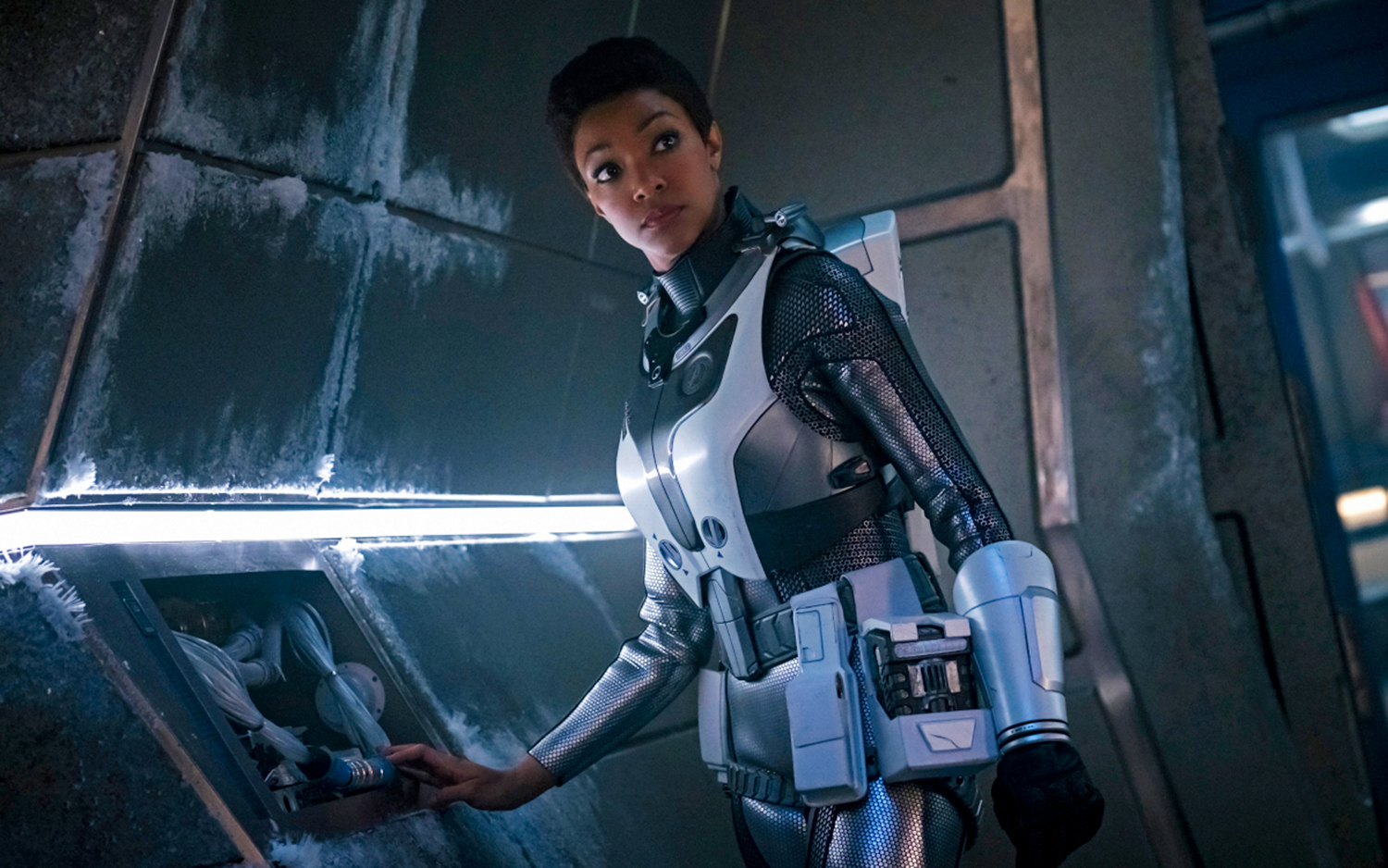
What Star Trek can teach us
While Star Trek is by no means free from this kind of fan pressure (Picard gave into it, and it looks like Strange New Worlds might do the same), the healthiest way I’ve seen to approach fan campaigns came from Nicholas Meyer, a longtime Star Trek director and producer who spoke at a convention in 2016.
A woman in the audience, dissatisfied with the recent Star Trek reboot films, asked Meyer if the upcoming Discovery series would hearken back to the “real” Star Trek that fans knew and loved. Rather than reassure her, Meyer dismantled the premise of her question.
“Art is not done by committee,” he said. “It’s not done by voting. With all due respect, fans do not know what is best for them.” To say that the audience was mystified would be an understatement, but he continued: “All I’m suggesting is that if you go in with open minds and open hearts, you may be rewarded. If you go in with a set of impossible-to-realize expectations, which even you cannot specifically define, then we’re bound to fail.”
Meyer’s words are as true now as they were four years ago: Fans do not know what is best for them. And whether you liked or hated Discovery (I’m somewhere in the middle), it was at least a very different take on well-worn source material.
The problem with Zack Snyder’s Justice League, ultimately, has very little to do with Zack Snyder’s Justice League as a film. It has to do with an emboldened, entitled fandom culture that now feels as though it’s won another “victory” against the corporate machine. This time, it got us a director’s cut, which may be truer to the film’s original vision than the theatrical cut. Fair enough. But what happens if fans don’t like the Snyder Cut? What happens if fans don’t like the next DC movie? What happens if storytellers concede — as they have already begun to concede — that fans are the ultimate authority on what happens in a story, provided that it’s a story in a popular series?
With the success of the #ReleaseTheSnyderCut hashtag, fans have learned that they wield a considerable amount of power over their favorite franchises. Let us hope that, like the Justice League itself, they learn to wield their power responsibly.
Sign up to get the BEST of Tom's Guide direct to your inbox.
Get instant access to breaking news, the hottest reviews, great deals and helpful tips.
Marshall Honorof is a senior editor for Tom's Guide, overseeing the site's coverage of gaming hardware and software. He comes from a science writing background, having studied paleomammalogy, biological anthropology, and the history of science and technology. After hours, you can find him practicing taekwondo or doing deep dives on classic sci-fi.

